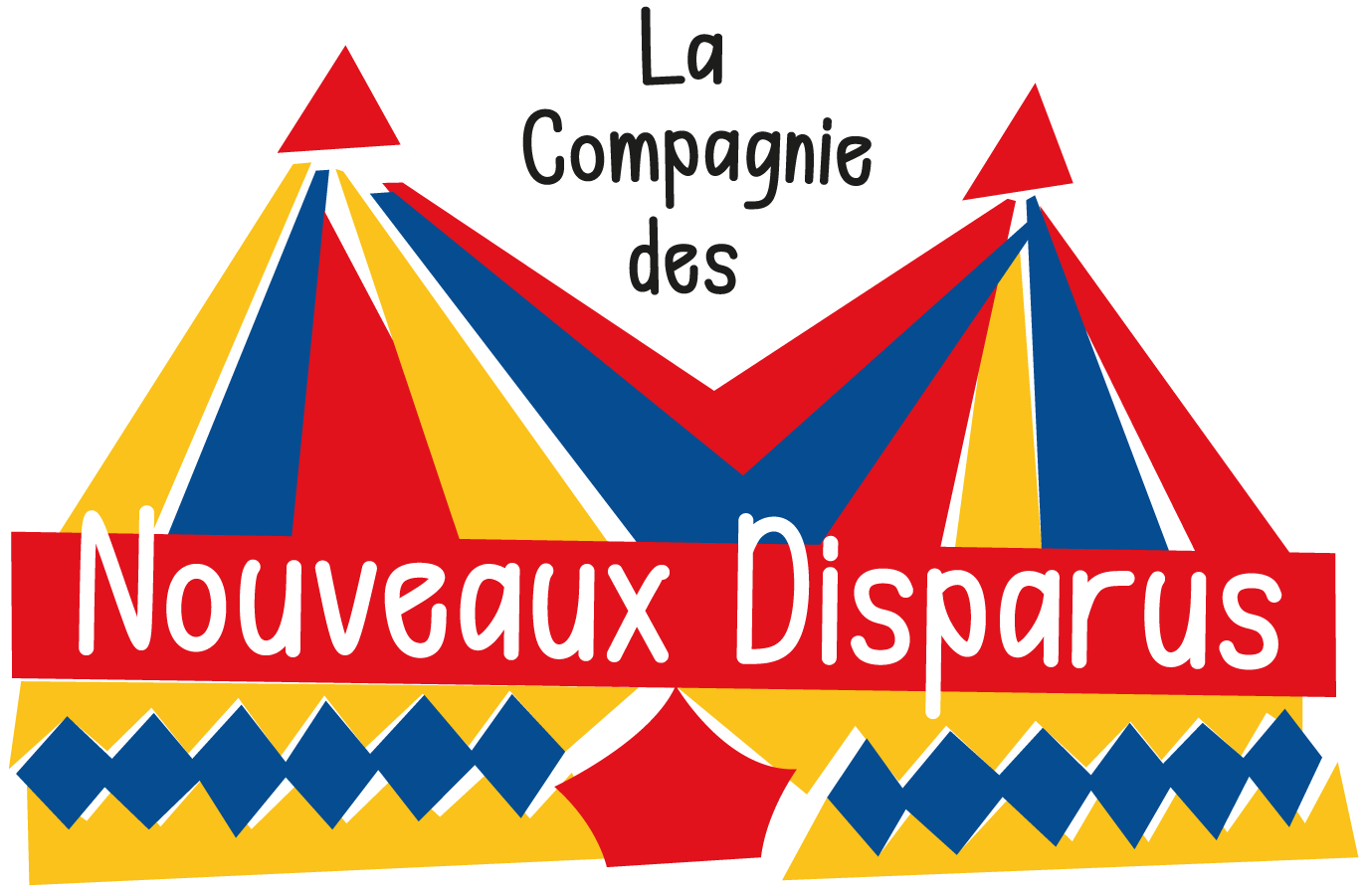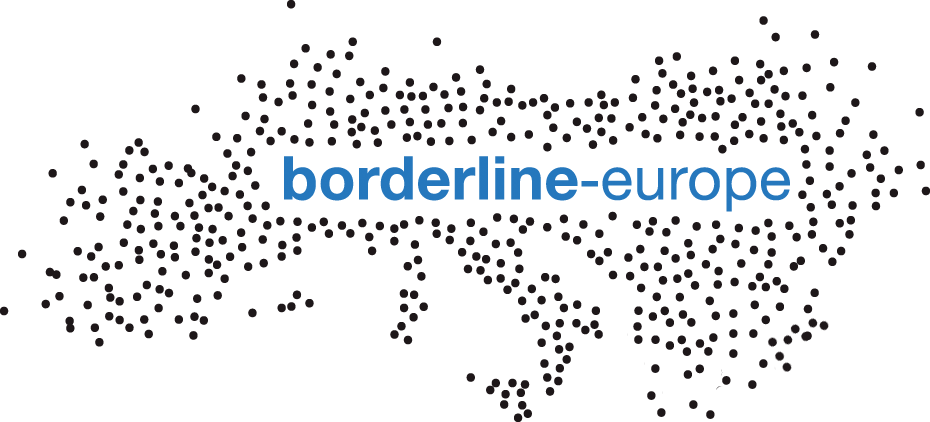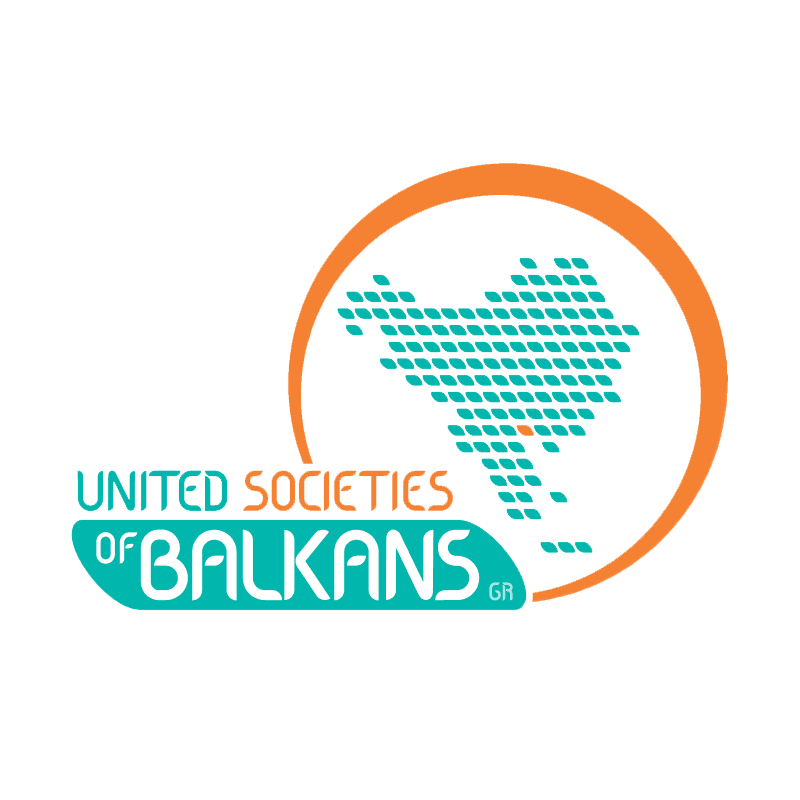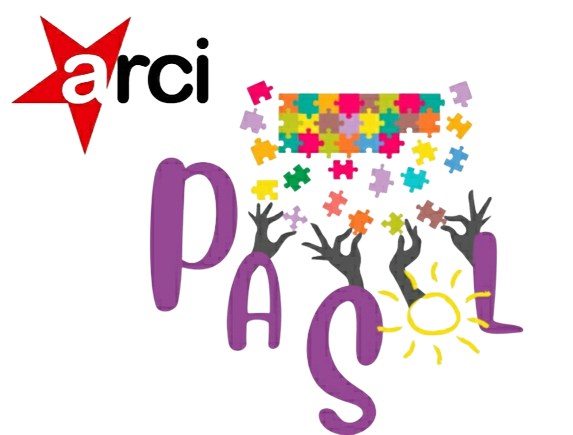The Nomad House Project
La Nomad House is a traveling cultural center focusing on the migration issue which will set up in Belgium, Germany, Greece, Italy, Tunisia and France and which will offer free cultural activities, conferences, an exhibition and a multidisciplinary show to the public. Here’s an aftermovie of the project.

For several years, the Mediterranean Sea has been the scene of tragedies involving migrants trying to reach Europe by sea. In addition to the dangers of crossing, migrants face various types of administrative and physical violence. It is in this current context that La Nomad House was born.
With the migration issue as a common thread, a multidisciplinary show (Le Songe), an exhibition, and a cycle of conferences were created during the year 2023 based on multidisciplinary workshops bringing together migrants and performing arts professionals, with the aim of promoting testimonies related to migration. These dance, singing and theatre workshops took place in the various partner countries and were led by different members of the Songe troupe. La Nomad House will present these creations free of charge from April to July 2024, traveling through 6 partner countries, starting with Belgium. A journey to bridge gaps, challenge stereotypes and foster empathy to strengthen the social inclusion of migrants and transcend borders through culture.
A team of researchers worked throughout the project on the question of the interconnectivity between migration and culture – here are their results in English and French.
The project's partners
Founded in 1994 in Brussels, this theater company’s main mission is to defend and implement projects in favor of democratization, democracy and cultural diversity. With its mobile theater and itinerant structures, the association travels the roads of Belgium and elsewhere to present a cultural offer to an audience far from the places where art usually flourishes. It is on the basis of its values and strategies that the company created La Nomad House with the support of the Creative Europe program. It is accompanied by five partners to carry out the project.

The Berlin-based association was founded in 2007. It advocates for the protection of human rights, particularly at the external borders of the European Union (EU). Their action is diverse: production of research documents on events in the border region, support for civil and activist cooperation, organization of events, information via their website and social networks on developments in EU migration policy, etc.

Since its creation in 2008, the organization’s vision has been to promote the mobility of young people, their involvement in volunteering and their increased awareness of social issues. In addition to these activities mentioned, the association wishes to build healthy bridges of cooperation between the countries of the Balkan region and those of Eastern Europe with the rest of Europe and to combat prejudices. It is also involved with minorities and immigrants.

The Sicilian association is based in Partinico, a small town 30 km from Palermo. It was created in 2018, the day after a racist attack against a young Senegalese man in the street. Its objective is to bridge the socio-cultural gaps in a society torn apart by violence and cultural, social and economic degradation, by carrying out specific work with the most disadvantaged groups. They notably offer homework help to children and are active in promoting local, quality products.

Cofinanced by the European Union. Views and opinions expressed are however those of the author(s) only and do not necessarily reflect those of the European Union or the European Education and Culture Executive Agency (EACEA). Neither the European Union nor EACEA can be held responsible for them.

The Tunisian association was founded in 2011 and is part of a network of associations linked to youth. Its aim is to improve the quality of life of residents by offering a multitude of activities and partnerships. Through various previous collaborations, it has notably acquired extensive work experience on the issue of migration.

This company, created in 2006, has the mission of creating and producing multidisciplinary live shows. The preferred themes are particularly the acceptance of others and their differences, migration and women’s rights. Their new creation, Les Filles de la Mer, testifies to this desire to dialogue around the subjects covered by La Nomad House.

As part of the project, an academic consortium has been set up to monitor and support the project as a whole, providing an outside perspective on the workshops and the creation of the show, taking part in the series of conferences, writing a policy paper, etc. The academic committee is coordinated by CEDEM at the University of Liège (ULiège). It also includes the University of Padua and the University of Sousse.
The team consists of :
- Elsa Mescoli, researcher and associate professor at the Faculty of Social Sciences, University of Liège;
- Marco Martiniello, Director of the Centre for Ethnic and Migration Studies at the University of Liège;
- Shannon Damery, postdoctoral researcher at the Centre for Ethnic and Migration Studies (CEDEM) at the University of Liège;
- Simon Gielis, researcher in anthropology at the University of Liège;
- Martina Lo Cascio, researcher at the University of Padua in the Department of Philosophy, Sociology, Pedagogy and Applied Psychology;
- Hassen Boubakri, head of the geography and anthropology department at the University of Sousse.